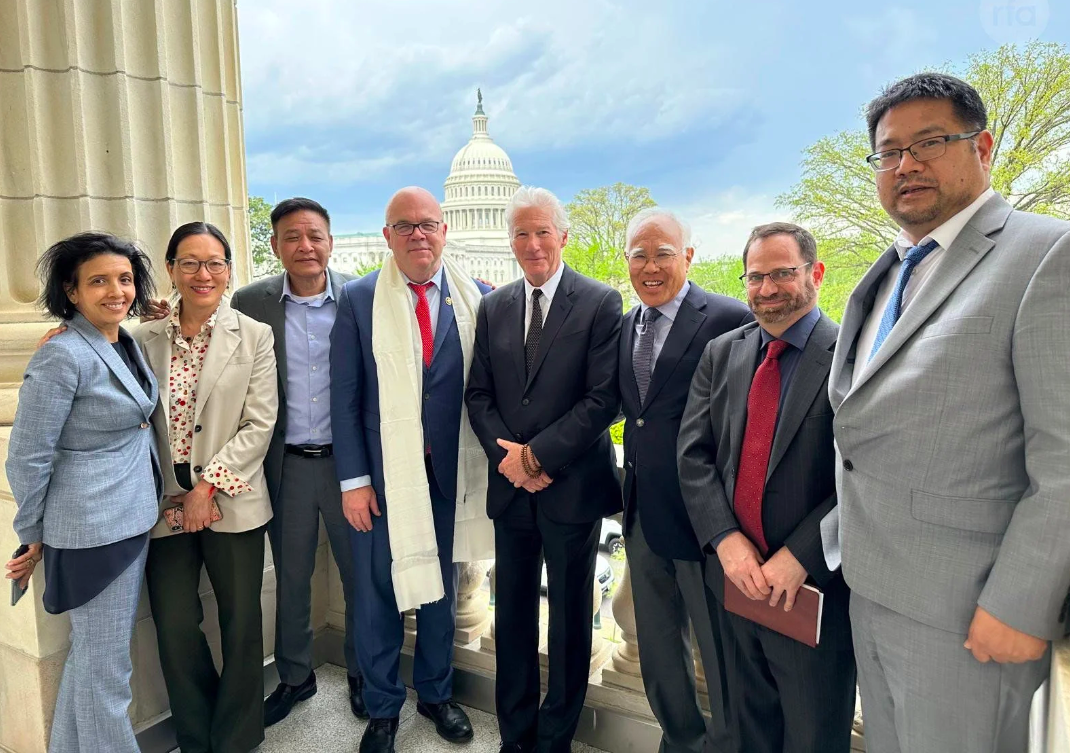By Choekyi Lhamo
DHARAMSHALA, May 7: Chinese authorities have arrested a Tibetan man named Palsang from Eastern Tibet in November last year in connection to his posts on Chinese micro-messaging app WeChat, according to London-based human rights organization Free Tibet. The 24-year-old was arrested in the middle of the night from Darlak County in Golog Tibetan Autonomous Prefecture, allegedly for posting a “text message supporting Tibetan language in a chat group on WeChat.” His condition and whereabouts remain unknown.
Palsang, who works for his family business, was arrested shortly after he posted the message, and was initially kept in police custody in Darlak County for 15 days and then taken to Xining city.
Similarly, language advocate Loten from Matoe County in Golog was also arrested after he spoke about conservation of Tibetan language in an online messaging group on WeChat, where he expressed his disagreement with the policy of sinicization of the education system in his county. The college graduate has since been kept in a detention centre in Xining city. As per reports, the Director of Legal Affairs Committee of the National People’s Congress, Shen Chungyao in January this year announced that schools in “minority areas” were no longer allowed to teach their own native language, and were forced to teach in Chinese language instead.
Tibet Watch, a research partner of Free Tibet reported of a Tibetan couple from Dartsedo city in Kham who were arrested last month on the suspicion of contacting relatives in exile. The 36-year-old Loga and his wife Yutso were arrested around 3 pm on April 17 and then taken to the county police station.
The heavily censored Chinese messaging app has long been used to monitor content deemed “sensitive” by Chinese authorities. Many Tibetans in the past years have been arrested for raising concern over policies in Tibet, especially around tightening restrictions on Tibetan language. These string of arrests of ordinary citizens, many say, are irrefutable evidence of state heavy-handedness on content deemed politically ‘sensitive’.










